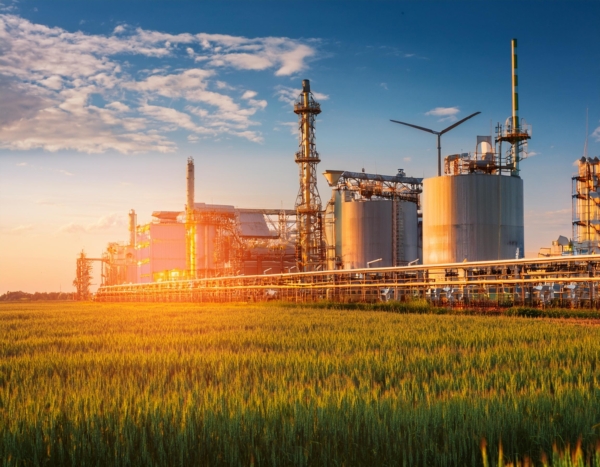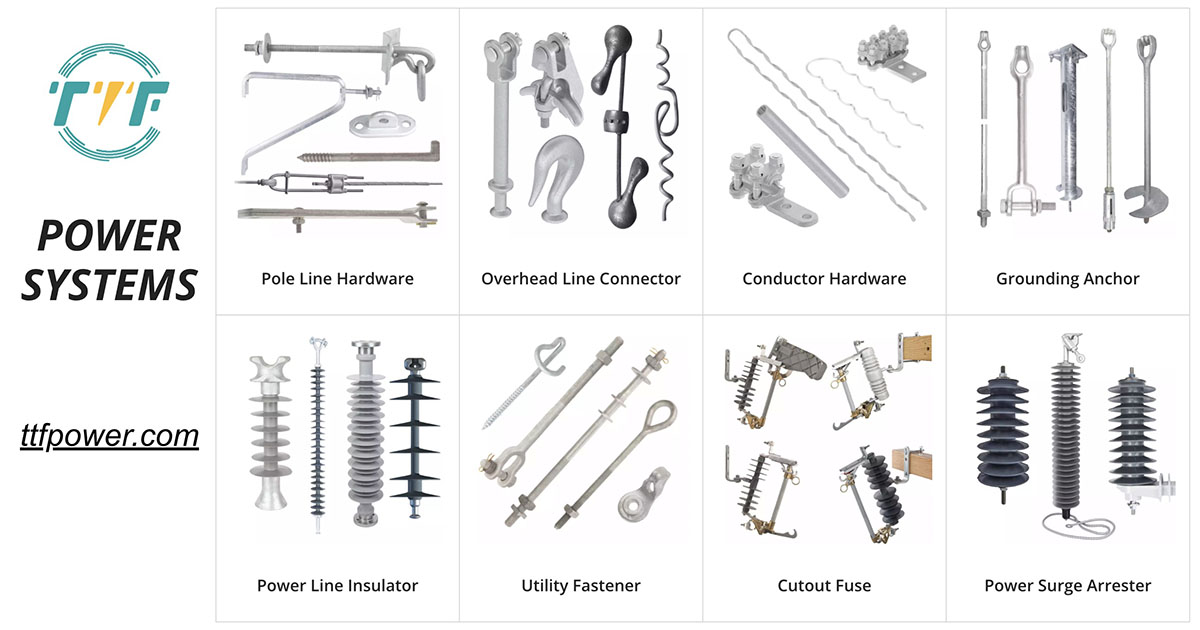
In Brazil, companies are mulling the sale of a stake in its second-generation ethanol plants to raise cash for investments. Ethanol production provides Brazil and South America with an alternative to fossil fuels. This helps reduce dependency on imported oil and enhances energy security. Brazil is the second largest ethanol producer, used in its transportation sector. Ethanol reduces greenhouse gas emissions compared to gasoline. This aligns with South America’s climate goals. Production of ethanol promotes renewable energy and economic growth while presenting environmental and social challenges. Ethanol helps in power generation by burning it to produce electricity or heat. Ethanol, as a biofuel, is from materials such as corn, sugarcane, and other biomass. Helical anchors play a crucial role in the infrastructure supporting ethanol production facilities. They also support the foundations of wind turbines and solar panels. This allows the generation of electricity to power ethanol production facilities.
Helical anchors can secure various structures and equipment within ethanol production facilities. They help to ensure their safety and stability. Helical anchors can be installed and removed easily. This allows for flexible maintenance and upgrades of infrastructure. This contributes to the broader energy infrastructure supporting sustainable energy practices. Helical anchors provide the stable and sustainable infrastructure needed to support biofuel production. Ethanol production supports lubricant production, distribution to rail transportation, and natural gas. This article highlights the role of ethanol in the energy sector. It also shed light on the use and functions of helical anchors in ethanol production in South America.
The roles of helical anchors in ethanol production contribute to energy sustainability.
Helical anchors are important in the construction of ethanol processing plants, storage facilities, and other industrial structures. They provide the stable and sustainable infrastructure needed to support the biofuel production. They are efficient and adaptable, which makes them ideal solutions for the demanding requirements of ethanol plant construction and operation. The following are the common functions of helical anchors in ethanol production in South America.

- Supporting ethanol production facilities – helical anchors provide stable foundations for ethanol production facilities. These include sugarcane crushing mills, fermentation tanks, distillation units, and storage facilities. The anchors support heavy equipment and structures critical to ethanol processing.
- Adapting to terrain – many regions with ethanol production facilities are in regions with soft, sandy, and clay soils. Helical anchors provide support in such conditions without extensive excavation. They keep the structures stable by providing deep, secure anchoring below the water table.
- Cost effectiveness – the rapid deployment of helical anchors aligns with the time-sensitive nature of ethanol production. Helical anchors need less excavation and concrete compared to traditional foundations.
- Infrastructure – ethanol storage tanks and pipelines rely on secure foundations provided by helical anchors. Helical anchors support the incorporation of renewable energy sources with ethanol plants.
- Sustainability – helical anchors have minimal soil disturbance and need fewer materials. This aligns with the sustainable goals of the ethanol industry. They can also be removed and re-used later due to their durability.
The role of ethanol production in Brazil’s energy sector
Ethanol production plays a crucial role in Brazil’s energy sector, which contributes to the renewable energy strategy in the country. It also contributes to transportation fuel mix and economic development. Ethanol production offers a renewable, low-carbon solution to fossil fuels. This drives economic growth and energy security as the world transitions to cleaner energy sources. Brazil’s ethanol industry serves as a model for integrating biofuels into a sustainable energy future. TTF is a world-class global provider of high quality overhead line hardware, transmission hardware, distribution hardware, conductors, insulators, cutout switches, anchoring and grounding hardware. Discussed below is the significance of ethanol production in Brazil.

- Renewable energy – Brazil is the world’s second-largest ethanol producer and a pioneer in biofuel use. Sugarcane ethanol has a high energy return on investment and is considered a low-carbon fuel.
- Transportation – ethanol serves as a transportation fuel in the region. Many vehicles in Brazil use pure ethanol, providing consumers with cost-effective options.
- Economic impacts – ethanol production creates jobs and economic opportunities in rural areas. The production also attracts foreign investments in the energy sector.
- Environmental benefits – ethanol helps Brazil reduce greenhouse gas emissions by displacing fossil fuels in the transportation sector. Power generation in ethanol plants enhances sustainability and reduces waste. This is especially through the use of sugarcane by-products such as bagasse.
- Export opportunities – Brazil is a major exporter of ethanol, which boosts trade revenues and strengthens its position as a global leader in biofuels.
